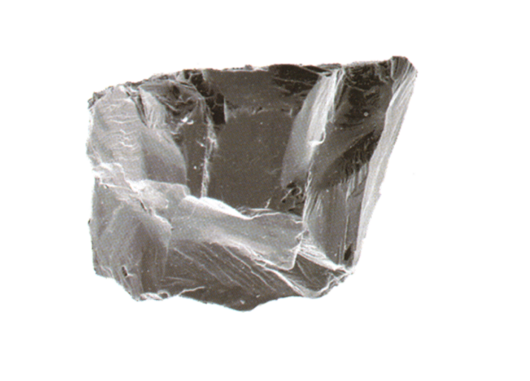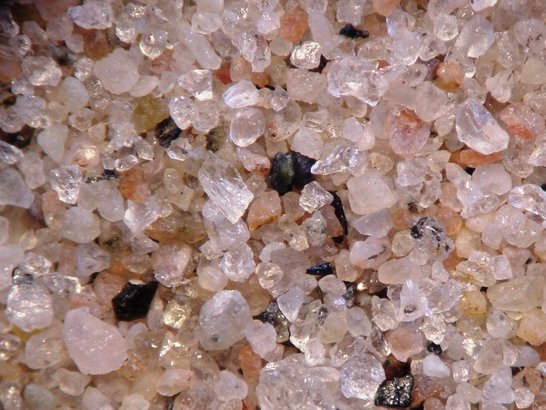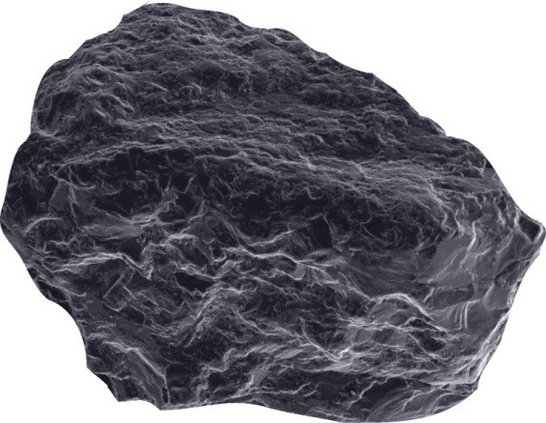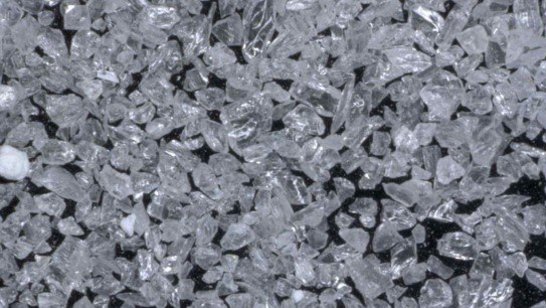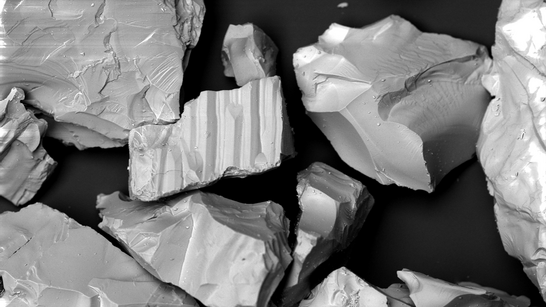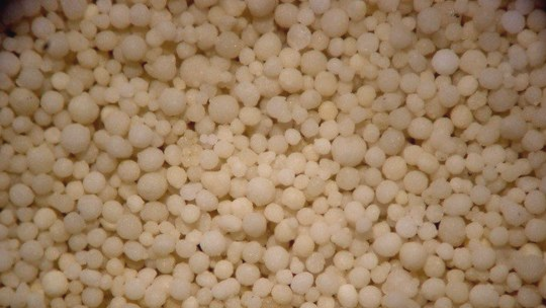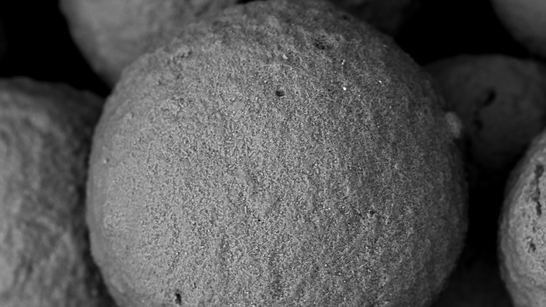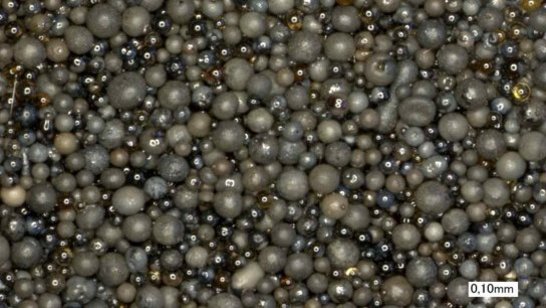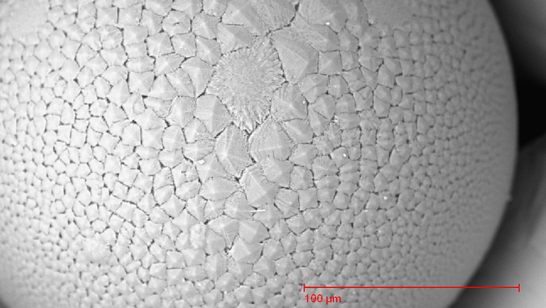HA Special Sands
The term “special sand” covers all industrial minerals (except quartz sand) commonly used in foundries as moulding material for the manufacture of cores and moulds/dies.
Special sands include natural mineral sands, sintering and melting products produced in granular form or turned into granular form by breaking, grinding and grading processes, or inorganic mineral sands produced by other physical-chemical methods.
Special sands are different from quartz sand, particularly as regards their significantly lower thermal expansion behaviour within the temperature range of 20 – 600°C, their heat conductivity, refractoriness, and other physical characteristics.
Strengths of HA special sands
Special sands are used instead of quartz sand for coremaking and mouldmaking because they are characterized by better physical-chemical properties.
In consideration of the casting properties to be achieved, the individual advantages of a special sand can be used to:
- avoid sand expansion defects, especially finning/veining
- avoid the addition of gas-forming ingredients
reduce the core weight
avoid metal penetration
- increase the flowability of the sand
avoid a mould-metal interface reaction
control the formation of microstructure
produce thin-walled castings
The strengths of J-Sand
- Suitable for all types of castings (except steel casting)
- Special base sand
- Suitable for PUR-Cold-Box, SO2-Cold-Box, shell moulding, resole-CO2 /MF
- 50% lower coefficient of linear expansion than quartz sand
- Optional selection of the ideal classification for your specific applications
The strengths of Cerabeads
- Suitable for all types of castings
- Suitable for the following processes: PUR-Cold-Box, SO2-Cold-Box, shell moulding, cold resin, resole-CO2 /MF, resole/ester
- Low coefficient of linear expansion
- Ideally suited for extreme thermal stress
- Optional selection of the ideal classification for your specific applications
The main difference between HA special sands and silica sand is the significantly lower coefficient of linear expansion and significantly lower thermal expansion behaviour during the casting process.
Furthermore, HA special sands are the ideal moulding material for core production:
- High sintering and melting points (except J-sand)
- Compatibility with all binders used for core production
- High cold-strength properties of the moulding material
- High hot strength properties of the moulding material (except J-sand)
- Available in a range of different classifications
Many years of experience at Hüttenes-Albertus have shown that the use of HA special sands depends on the complexity of the respective casting, the metal used for the casting, the susceptibility to veining, the casting temperature and the binder system.
Application examples
The use of J-sand for PUR Cold-Box core production allows automotive series castings to be produced without sand expansion defects, thereby avoiding the need to add gas and odour-forming additives.
For castings manufactured under extreme thermal stresses with a high tendency to veining, we recommend the use of Kerphalite KF, Cerabeads or M-Sand for PUR-Cold-Box. The high-temperature properties of these HA special sands also ensure that they can be used as a basic moulding material for steel castings.
The thermal expansion of shell moulding material tends towards zero when using quartz-special sand mixtures. When using 100% Kerphalite KF and Cerabeads, shrinkage of the shell core occurs. In sensitive hydraulic and automotive casting, complex cores are produced with coated HA special sands, which guarantee flawless castings close to final dimensions.
Hüttenes-Albertus markets its shell moulding sands containing Cerabeads under the brand name Keracron®.
